An Eldercare Facility that Helps Seniors Resume Independent Living
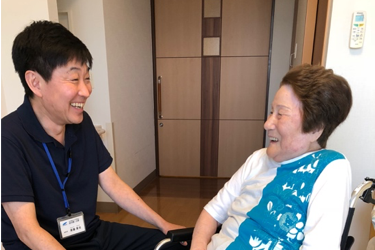
With the aging of Japanese society, the number of seniors who require constant caregiving has grown, as has the number of publicly operated long-term care facilities. One such facility is helping seniors lead an independent life by providing a variety of support services that allows the elderly to age in place.
Improving the Health of Caregivers and Seniors by Promoting Safer Transfer Techniques
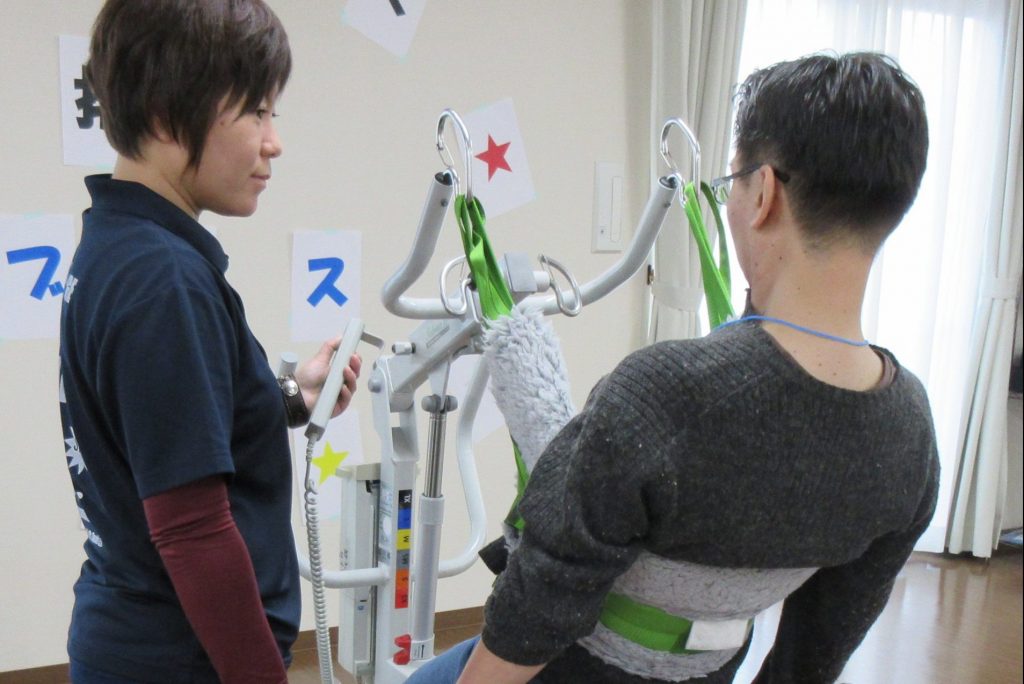
In order to relieve physical stress on caregivers, the No Lifting Association (NLA) has worked with Professor Hajime Asama to develop and popularize a system of “no-lift care,” which allows caregivers to care for the elderly without relying solely on the caregiver’s physical strength.
Innovative ICT Device Helps Seniors Control Bladder Function
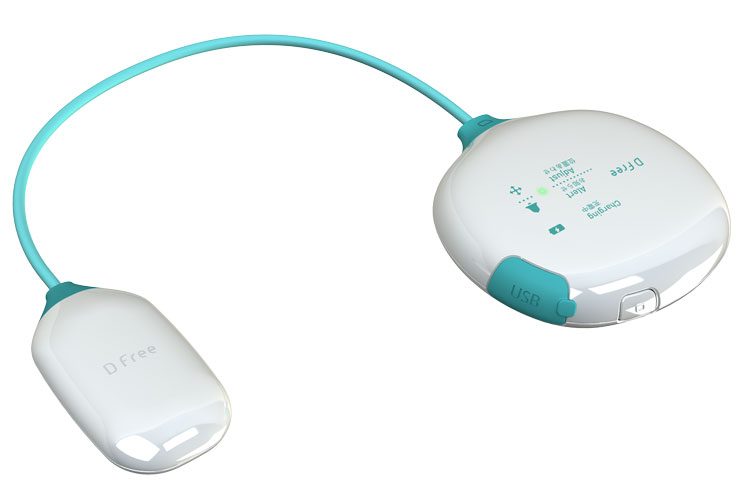
As people grow older, they experience many changes both mentally and physically, including bladder control issues. To address health problems associated with incontinence, a company called Triple W Japan K.K. has developed DFree, a wearable device that anticipates when the user will need to use the toilet.
A Community-Based Approach Combining Physical and Mental Exercise to Prevent Dementia
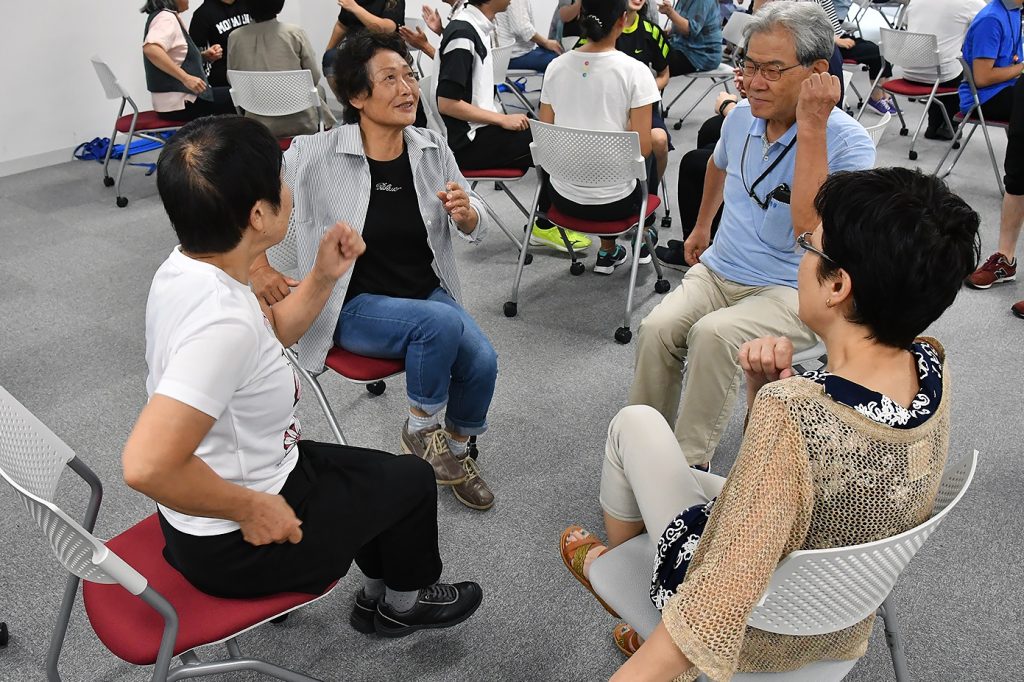
The number of people with dementia in Japan is rapidly increasing as the country’s senior population grows. In 2012, Japan’s National Center for Geriatrics and Gerontology (NCGG) began developing and testing a program called “cognicise,” which combines physical and mental exercise, to prevent the decline of cognitive functions.
Using ICT for Early Detection of Health Abnormalities
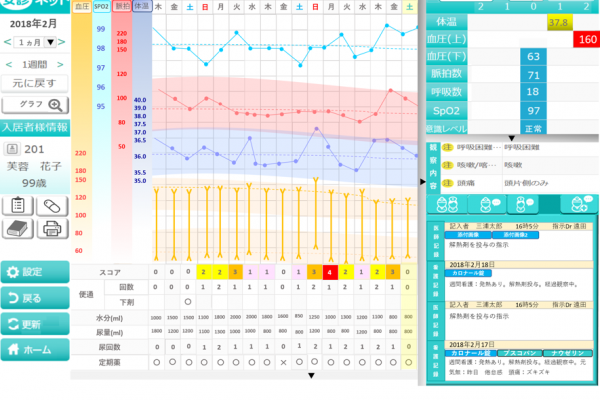
AnshinNet is an ICT (Information and Communications Technology) tool that allows caregivers to quickly detect health irregularities in seniors. It is a health management system that focuses on the vital statistics that caregivers monitor daily, helping them find any shifts at an early stage.

